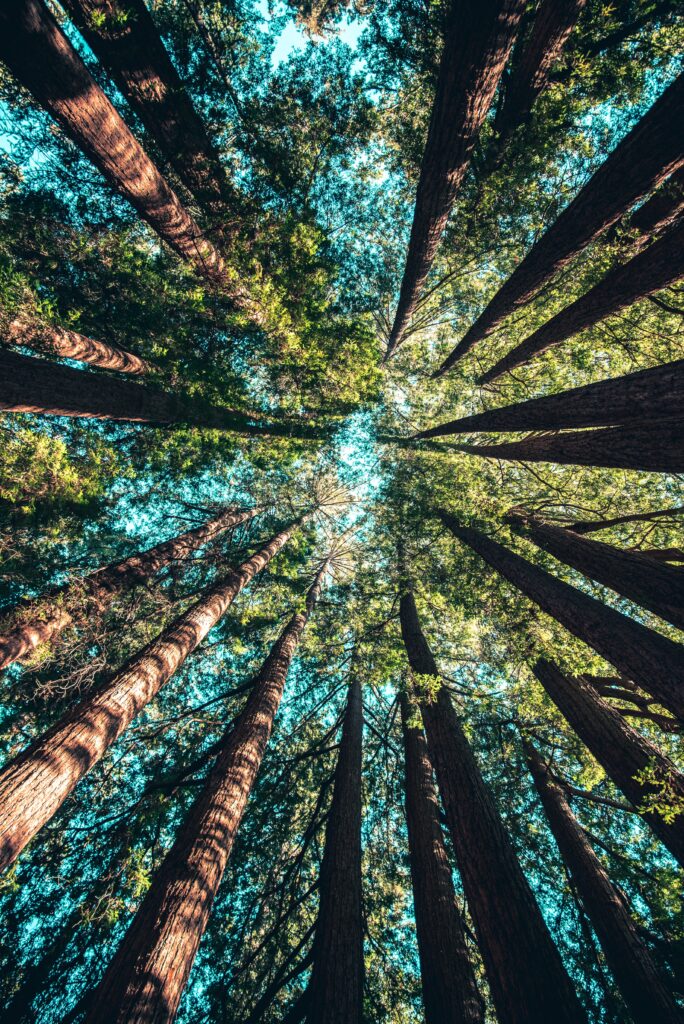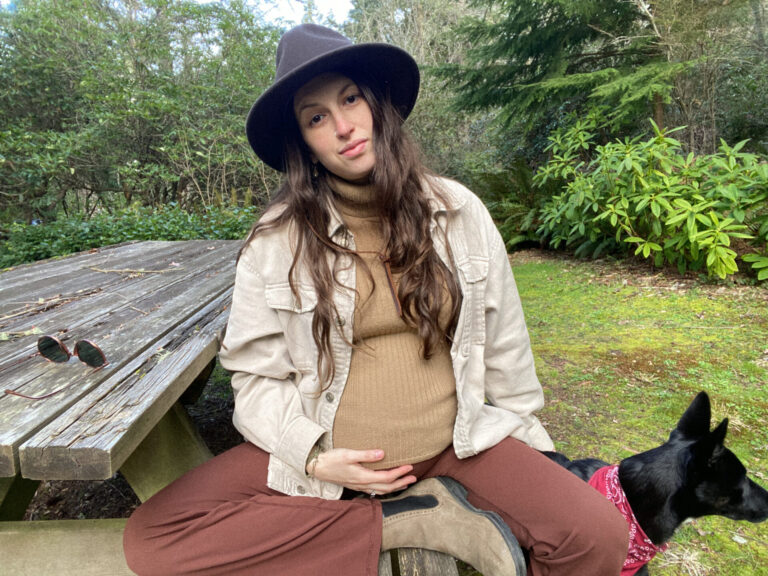Ultimate Guide to Slow Living

Hi friends! I’m so happy you’re here. 🤗
I’m going to assume that you’re curious about this thing we call “slow living,” and boy am I excited to teach you about it. Not going to lie, slow living has become a trend as of late. However, it doesn’t make it any less valuable.
Slow living is so much more than aesthetically pleasing white sheets, a steaming cup of tea, and a gorgeous Monstera in the background. It’s a lifestyle, and let me tell you, it’s a rewarding one.
what is slow living?
Slow living is about living with intention. It’s about consuming less simply because you no longer seek happiness in external sources. It’s about allowing your needs to be met from within. Slow living’s about taking the slower approach to life. The road less traveled, if you will.
The hustle mentality that many of us are stuck in isn’t the only way. Sure, it’s become the “norm.” But that just means slowing down has never been more important than it is today.

Slow living isn’t only for those living on the countryside, without a 9-5 job, without children. Slow living is for everyone. And I mean it when I say everyone. Anyone can live more intentionally, no matter how their current lifestyle looks.
going against the grain
Slow living is going against the grain – the grain being the go, go, go attitude we’ve adopted as a collective species. The idea that we always have to be doing something. Something productive, for that matter. Which is an absolute downward spiral because if we do indulge in, let’s say, scrolling on our phones, we just feel guilty about it.
But slow living isn’t necessarily about indulgence either. It’s about striving to have purpose and meaning in everything you do. Yet also doing things just for the sake of doing them without any meaning at all. Confusing, I know. Let’s break it down with a real life example.

example
I’ll take drinking coffee in the morning, since I’m sure that’s something that a few of us can relate to. How many of us pour our coffee and immediately jump into the next task? Whether that be your commute to work, moving straight into watching the news, or getting your kids ready for the school day.
And what would it look like if you poured your cup of coffee and sat with yourself. Dare I say, enjoyed your cup of coffee along with a moment to be with yourself. Not necessarily to plan the day ahead or to reflect on what you could have done better yesterday, but to really be with yourself. Yes, the thoughts will most definitely come. Particularly, ego-based thoughts like…
Why are you sitting where there are a million things to do?
You can’t enjoy yourself until you’ve marked at least a few items off of your to-do list?
Or the real kicker:
This is pointless and a waste of time.
Spoiler alert: it’s not a waste of time. This time is so, so valuable. You may not see the benefits immediately, but after a period of time (and consistency), you’ll notice.
we could all use more time
I mean it when I say that slowing down gave me so much more time. Not because I was magically able to program 25 hour days, but because I began saying no to anything and everything that didn’t serve me.

That meant my morning routine of watching the news, which left me feeling much worse, had to go. Along with going out with friends on a Friday night, only to be left with a lingering hangover for the entire weekend. BYE!
It eventually became easy to say no to anything that didn’t light me up. I live by a quote I’ve heard that goes, “If it’s not a hell yes, it’s a no.” I brought that mentality to all areas of my life, and it actually became much easier to make decisions.
hustle culture
So where did this idea of “hustling” stem from? It’s rooted in late 19th century American society. That’s when Americans adopted the idea that hustling equals working extra hard. Have you ever heard of the overused saying, “work hard, play hard?” My guess is yes.
We’ve normalized working more than 40 hours per week, running a side business next to our 9-5, and still being left wondering “am I doing enough?”

Burnout is real, my friends. And it seems to be getting more and more common. I’m curious, have you experienced it? Let me know in the comments.
READ MORE >> What Your Burnout is Actually Telling You
single tasking
Multi-tasking doesn’t actually exist. It should be called task switching, really. But what if I told you that each time we switch tasks, it takes our brain 10-15 minutes to get fully immersed in the new task? So by “multi-tasking,” you’re actually not allowing your brain to get immersed in any task and therefore not working to your full capability.
I used to think I was so good at multi-tasking… That is, until I started single-tasking. Once I did, I was completing tasks far faster than my colleagues and was left wondering what I was doing right. It turns out that letting your brain operate at full capacity is a skill that not many of us learned in school.

If you want to take it a step further, I’d recommend time-blocking. It’s a matter of grouping similar tasks together and setting a time period (aka a time block) to work on them. So for example, I respond to messages across all of my platforms each day around 2pm, then I don’t think about it the rest of the day.
This allows my brain to go into “communication mode” during that time block. And all of the other hours of the day, I can 100% focus on the task at hand.
ideas for things you can do to slow down

- do a puzzle
- listen to music, but only listen to music. When’s the last time you did this? Music has become a filler. We tend to have music on in the background when we’re doing something else. When I started listening to music, and ONLY listening to music, I developed a relationship to music that I never knew before.
- stare at the ceiling (my personal favorite)
- talk a walk without your phone
- pet an animal
- read a book
- watch the sunrise/sunset
- have a conversation with a friend, and actively listen
READ MORE >> How to Slow Down
slow living resources
There are an abundance of resources out there to help you live a more intentional life, this blog included. It’s really important to find inspiration when taking on a new lifestyle, especially a lifestyle that so different from the culture we’ve cultivated in America (and beyond). I’m sharing a few resources that I’ve used as inspiration in hopes that you can find the same. <3

slow living blogs
slow living books
- Slow: Simple Living for a Frantic World by Brooke McAlary
- Chasing Slow: Courage to Journey Off the Beaten Path by Erin Loechner
- How to Do Nothing: Resisting the Attention Economy by Jenny Odell
- Digital Minimalism: Choosing a Focused Life in a Noisy World by Cal Newport
- The Joy of Missing Out: Live More by Doing Less by Tonya Dalton






